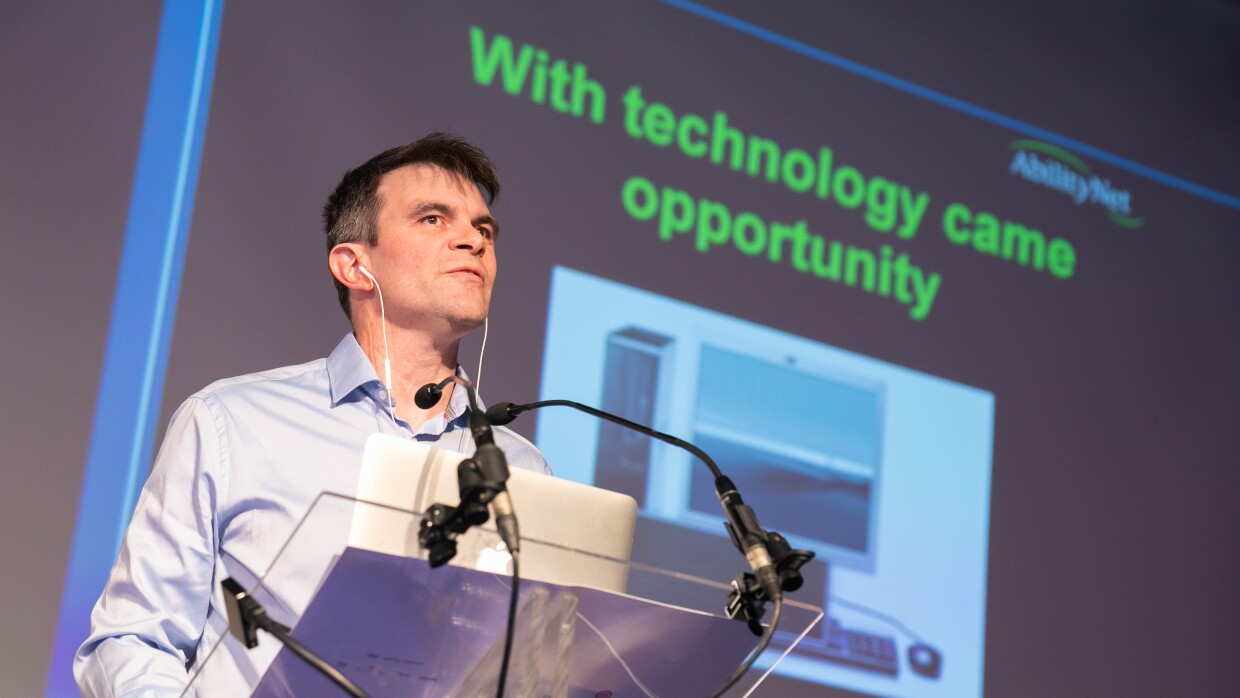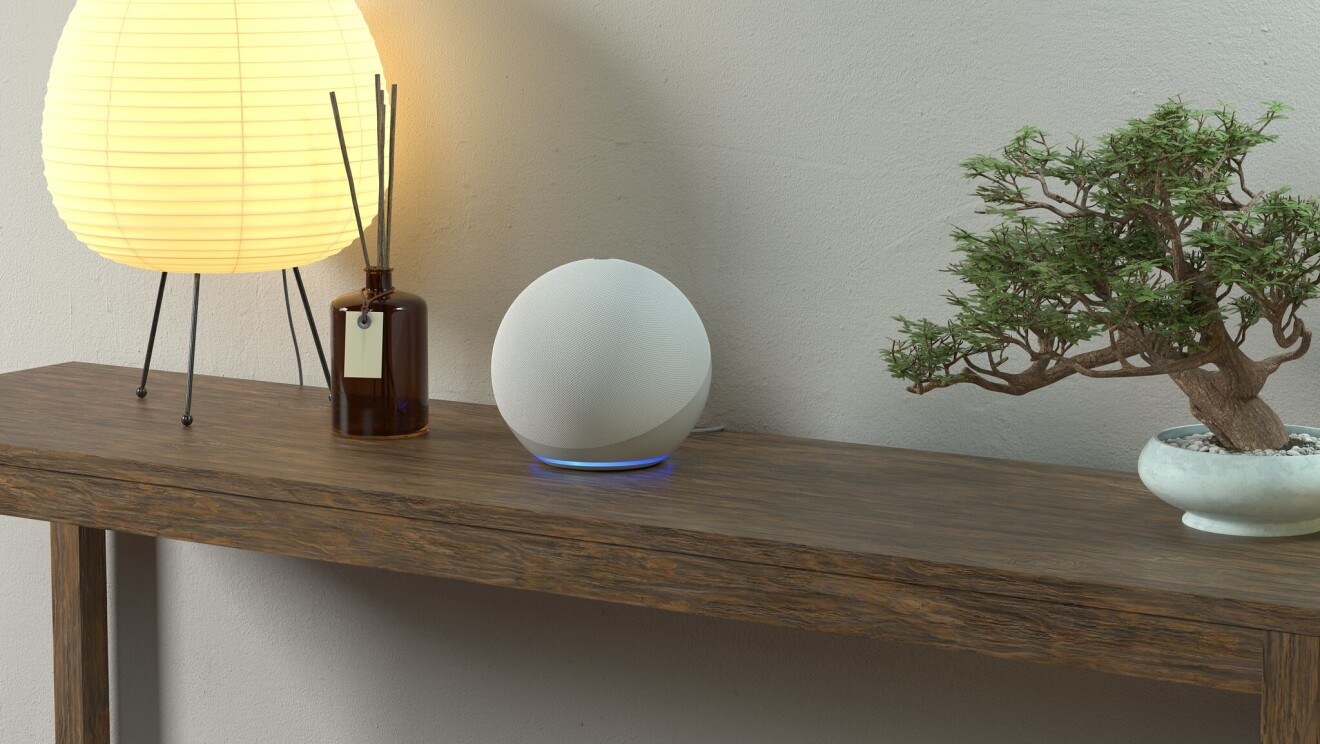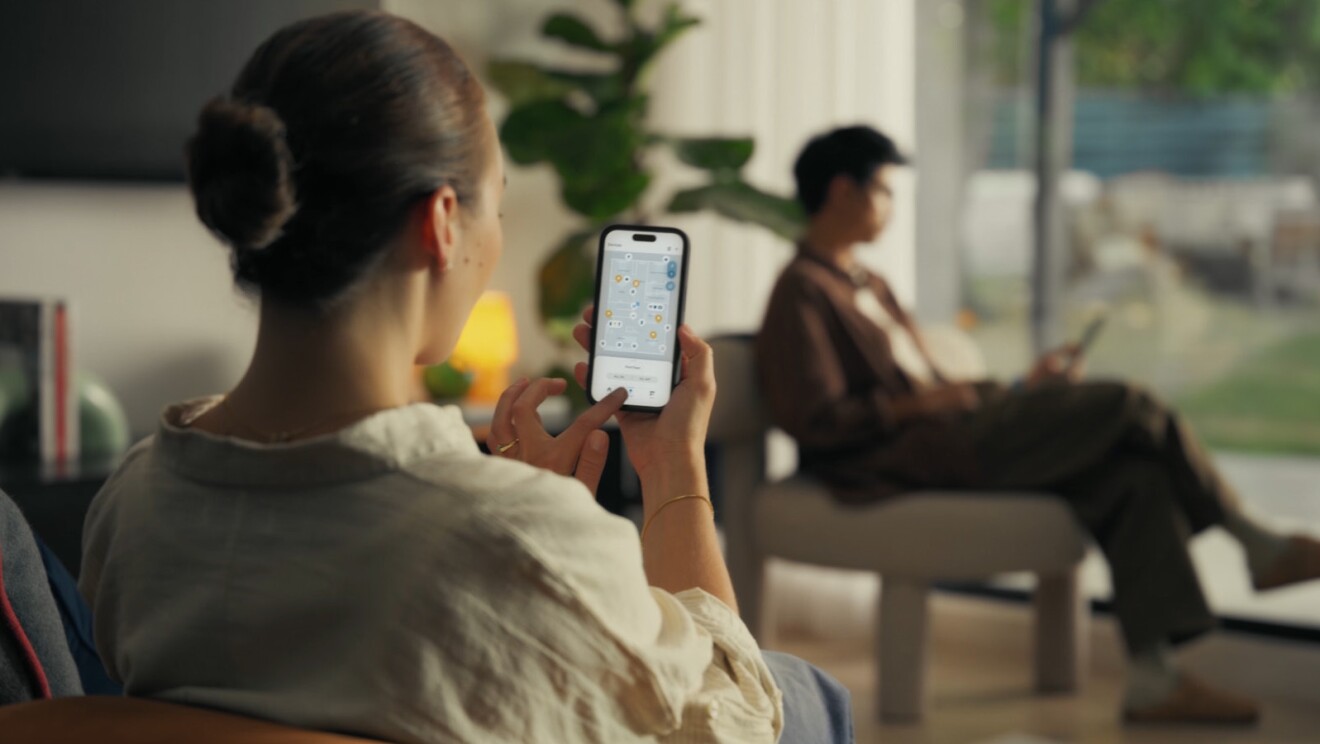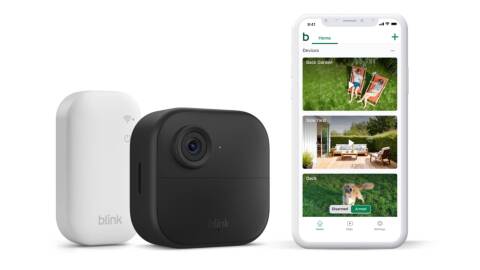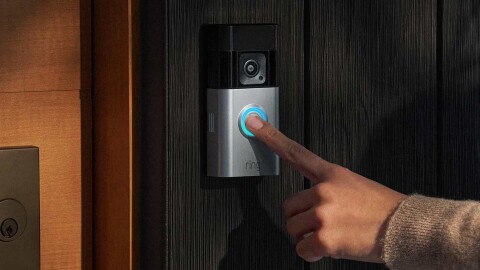“When the smartphone came along, you had all the technology of the PC plus much more. Then Alexa changed everything again.”
How Alexa is improving accessibility and inclusion
An early adopter of Alexa, Robin Christopherson, Head of Digital Inclusion at UK charity AbilityNet, views Echo devices as a critical step forward in improving accessibility and inclusion.
Robin, who is blind, wants to highlight how technologies like Alexa open doors for people with disabilities.
Digital accessibility is a significant and ongoing discussion, particularly with 3 December marking the International Day of Persons with Disabilities. This a day to spread awareness of disability issues and promote the rights and well-being of people with disabilities.
About Amazon’s collaboration with AbilityNet
AbilityNet is a pioneering UK charity with a vision of a digital world accessible to all. Their free online resources and network of over 300 volunteers help individuals with any disability, and of any age, to use all kinds of digital technology.
“We aim to get the message out about digital inclusion so people know that they can fully partake in the digital world, regardless of their impairment,” he said.
As one of the hosts of The Echo Show — the all-things Alexa podcast, Robin is passionate about the impact Alexa-enabled devices can make on people with disabilities.
“Alexa, what are your accessibility features?”
According to Robin, the intuitive nature of Alexa-enabled devices is what makes the technology so revolutionary for people with disabilities.
“Smart speakers are so easy to use — you don’t need to read a manual or follow any induction process,” he said.
“You can just ask Alexa, ‘What are your accessibility features?’ and you’ll hear a summary, or if someone is using an Echo Show, they can see them on the screen and tap through them.”
For example, for people with visual impairments like Robin, the Echo Show has a unique Show and Tell feature that can identify household grocery items which might be hard to distinguish through touch alone.
“I can hold up an item and ask, ‘Alexa, what’s this?’, and then Alexa goes straight into Show and Tell mode. It helps me to know whether I’m about to have soup or cat food!”
“The more we can automate through Alexa, the better”
Looking beyond individual Echo devices, Robin believes the ability to create a smart home ecosystem is highly beneficial to people with disabilities.
“So many appliances around the house, such as coffee machines, dishwashers, or washing machines, would benefit from using smart technology, so people with disabilities can interact with them however they prefer,” he said.
“In the disabled community, we often talk about ‘spoon theory’, which describes the amount of physical or mental energy someone has to perform daily tasks. Because so many impairments have an impact on someone’s energy, there’s the idea that people with disabilities have fewer ‘spoons’ to expend on tasks they don’t necessarily have to do. The more we can automate things through technology like Alexa, the better.”
For Robin, Alexa plays a key role in his daily life, from simple tasks like playing his favourite radio stations to more elaborate activities, like helping him create spin routines on his exercise bike.
“I use Alexa Skills like Sound Stream,” he said. “That takes the audio from YouTube videos and organises them in a folder, so I can listen to them when I want to do a spin routine.”
“Spin videos often feature a lot of information on the screen, such as showing the RPM the bike should be at, so I use other Alexa Skills to help me. My Metronome lets me set my pace at whatever number of beats per minute I want to cycle at, and I can hear the ticking clearly over the music.”
How Alexa promotes digital inclusion
Robin sees Alexa devices as a pivotal turning point in improving digital inclusion and accessibility.
“We can’t underestimate the importance of the utility and ease of smart speakers for people with a range of disabilities who would otherwise have much more difficult interactions with tech,” he explained.
“Interacting with a website is a complicated proposition for someone like myself who can’t see. I can’t just glance at the middle of a webpage — I have to plough through many words, links, and buttons to get the information I need.”
“That simplicity of asking Alexa is so important — it’s gold.”
But we all still have work to do if we want to build a truly accessible and inclusive world.
Supporting a range of people with disabilities
Robin is just one of the many people using Alexa-enabled devices to lead a more connected and independent life.
Earlier this year, Blind Veterans UK became one of the first organisations in the UK to install Alexa Smart Properties, a system that helps residents of the centre to navigate their way around, access information, call reception, enjoy entertainment, and more.
The growing number of devices with Alexa built-in is helping people with everyday tasks, with devices like the Ring Intercom enabling people with disabilities such as motor impairments to answer the door and talk to visitors completely hands-free, simply controlling the intercom system by speaking to Alexa.
“Everyone should champion accessibility, both individually and within their organisations,” said Robin.
“Accessibility is a journey; it’s never a destination. It’s brilliant that Amazon prioritises and values that so much.”
Discover more about how Amazon devices support accessibility.


